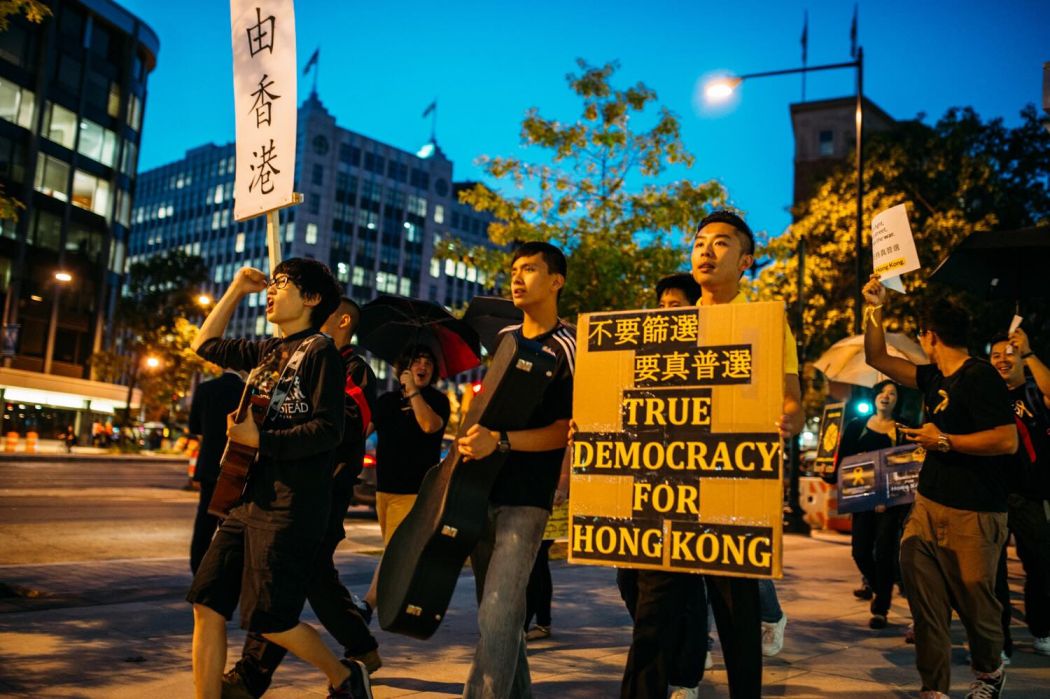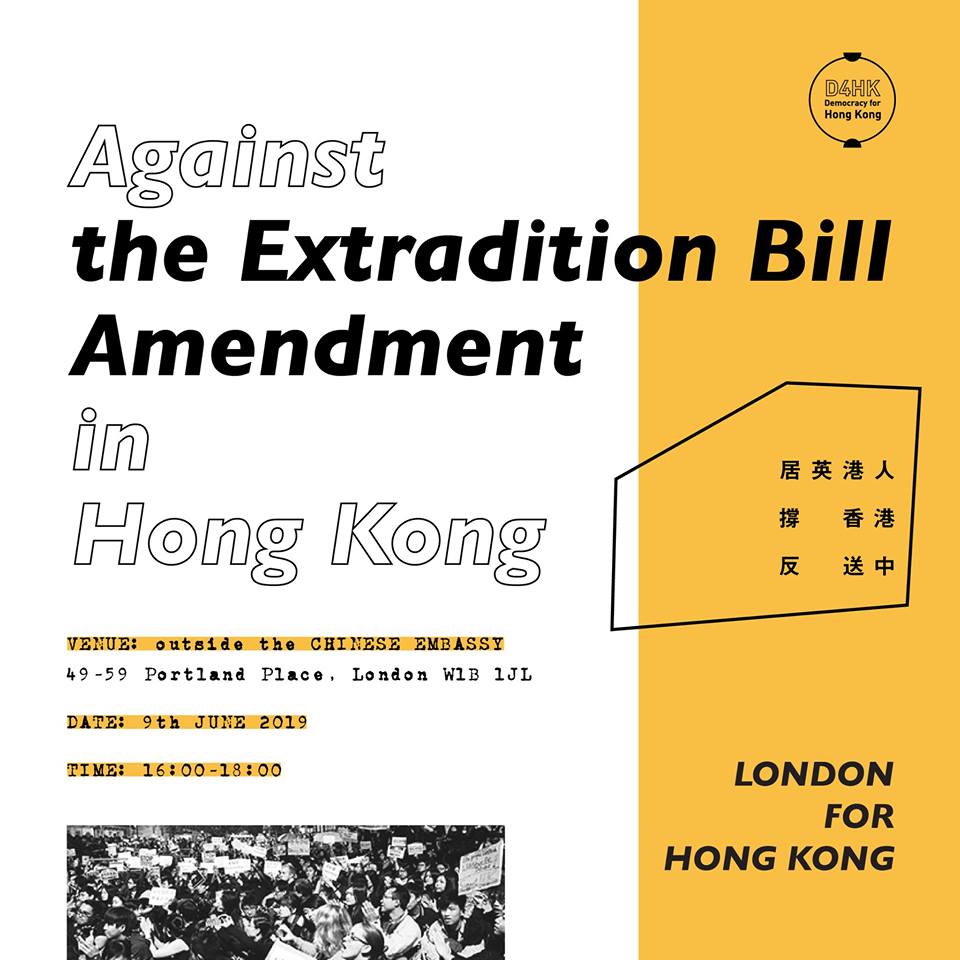Hongkongers around the world are mobilising to protest against the controversial extradition bill, which is set for its second reading at the legislature next week.
The bill, if passed, will allow Hong Kong to transfer fugitives to jurisdictions with which it has no existing rendition deal – most notably China. The bill has been criticised for exposing local residents to the risk of facing trial in the mainland, where there are concerns over the rule of law and human rights protections.
A march has been planned on Sunday in Hong Kong, with democrats looking to mobilise 300,000 people. But demonstrations are also planned for 19 cities in several continents, including London, New York, Berlin, Toronto, Melbourne and Tokyo.

Jeffrey Ngo, political group Demosisto’s chief researcher residing overseas, is one of the organisers of the protest in Washington DC at Lafayette Square. Ngo, a PhD student of history at Georgetown University, said he had experience of hosting overseas protests in 2014 after the pro-democracy Umbrella Movement protests kicked off.
Around the world, Hong Kongers from 17 cities in the U.K., the U.S., Canada, Germany, Australia and Japan will host rallies on June 9 simultaneously as the mass protest in Hong Kong against extradition to China. #antiELAB pic.twitter.com/uuLFsKOngX
— Demosistō 香港眾志 😷 (@demosisto) June 3, 2019
“It sends an unmistakable message to Hongkongers that they are not alone in this battle against the extradition bill,” he told HKFP.
He said that, in 2014, overseas Hong Kong people had little time to prepare for protests after police tear gas canisters were fired. But there has been much more time to prepare for demonstrations in this new wave of dissent.

The experience from 2014 also provided the infrastructure and a network of people ready to stage protests in major cities: “I think what we are seeing right now in 2019 is in many ways based on the work that we have done in 2014,” he said.
One drawback is that cities with smaller Hongkonger populations will have more difficulties in organising and mobilising people.
“Sometimes organisers will be confused by local laws and local regulations,” he said.

Helix Ha, one of the organisers behind rallies in Australia, said the extradition bill could harm the rights and freedoms of more than 100,000 Australians in Hong Kong, many of whom are Hong Kong people with Australian passports.
“The Australian government should protect this group of citizen[s],” Ha told HKFP.
Ha organised the Melbourne rallies to support the Umbrella Movement in 2014. The Australia-Hong Kong Link was founded after that, connecting Hong Kong people in different cities in Australia. It also organised a lobbying visit to Australia’s parliament by pro-democracy politicians Martin Lee and Anson Chan.
Posted by 澳港聯Australia-Hong Kong Link on Monday, 3 June 2019
A strength of overseas rallies, Ha added, was that Hongkongers abroad often have shorter working hours, so they have time to look into political matters.
If many join the rallies, Ha said they can try to ask the Australian parliament to sign a joint statement against the extradition bill.
He said he was unable to predict the turnout, even though many cities have held similar protests in 2014: “But we have stronger connection than before.”
Hong Kong’s psychedelic disco rock superstars Shumking Mansion will play this year’s Hong Kong Free Press 2019 fundraising party at the Hive Spring in Wong Chuk Hang. Tickets are available now for a minimum donation of just HK$50 in advance (free for HKFP monthly donors).

